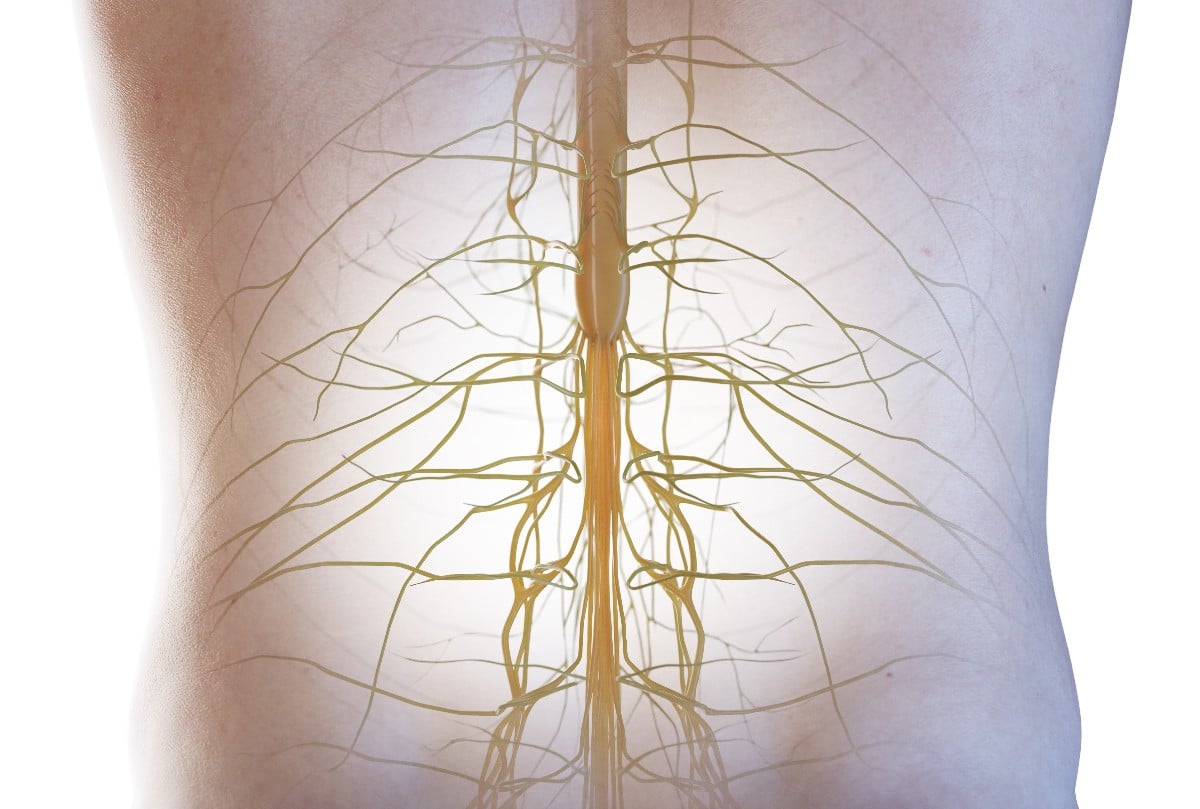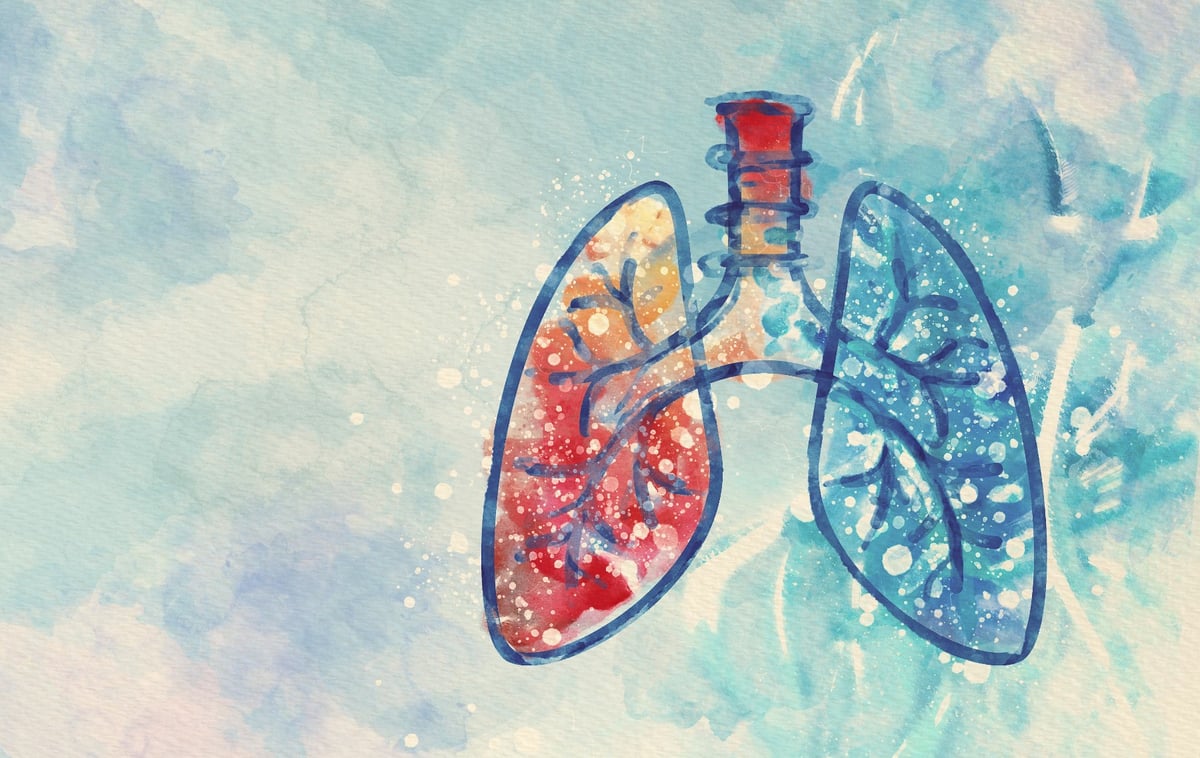
You don’t consider yourself a lonely person generally, but sometimes have days where feelings of loneliness set in. If you’re one of those people, even that transient loss of connection with others could be impacting your physical health, a new study finds. “A lot of research is focused on loneliness being a binary trait —… read on > read on >


















